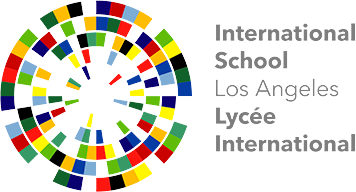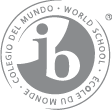Academic Program
Now recognized as one of the most academically challenging private high schools in the United States, the International School of Los Angeles continues its long commitment to academic excellence and small class sizes.
Through its rigorous academic program, the School meets the needs of highly motivated students and equips them with the skills needed to thrive in, and contribute to, a diverse, competitive world.
 At the International School of Los Angeles, the study of literary, non-literary, visual and performance texts provides a focus for understanding how meaning is constructed within belief or value systems and how it is negotiated across multiple perspectives generated by single or multiple readers. Thinking critically about texts, as well as responding to, producing or performing them, leads to an understanding of how language sustains or challenges ways of thinking and being. The study additionally builds an awareness that all texts may be understood in relation to their form, content, purpose audience and their associated contexts, such as social, historical and cultural circumstances. During the high school years, students focus exclusively on literary texts, adopting a variety of approaches to textual criticism. They explore the nature of literature, the aesthetic function of literary language and text, and the relationship between literature and the world.
At the International School of Los Angeles, the study of literary, non-literary, visual and performance texts provides a focus for understanding how meaning is constructed within belief or value systems and how it is negotiated across multiple perspectives generated by single or multiple readers. Thinking critically about texts, as well as responding to, producing or performing them, leads to an understanding of how language sustains or challenges ways of thinking and being. The study additionally builds an awareness that all texts may be understood in relation to their form, content, purpose audience and their associated contexts, such as social, historical and cultural circumstances. During the high school years, students focus exclusively on literary texts, adopting a variety of approaches to textual criticism. They explore the nature of literature, the aesthetic function of literary language and text, and the relationship between literature and the world.
 We seek to encourage in students an appreciation of mathematics. In 9th grade, students study algebra and geometry. In 10th grade, topics to covered include numbers, algebra, geometry, quadratic functions, functions and relations, trigonometry, and statistics.
We seek to encourage in students an appreciation of mathematics. In 9th grade, students study algebra and geometry. In 10th grade, topics to covered include numbers, algebra, geometry, quadratic functions, functions and relations, trigonometry, and statistics.
In the IB® Diploma Programme, students tackle geometry including 3-dimensions and volume, trigonometry including both right and non-right-angled triangles, descriptive statistics, rates of change, linear correlation of bivariate data, probability distributions including the binomial and normal distributions, mathematical modeling of functions including quadratic, exponential, and sinusoidal, validity tests including Spearman’s hypothesis testing and chi-squared tests, and sequences and series including both arithmetic and geometric.
 Our aim is for students to be scientifically literate. We teach each science discretely – Physics, Chemistry, and Biology – using an inquiry-based approach. Laboratory skills are emphasized, and students graduate well equipped for higher level study.
Our aim is for students to be scientifically literate. We teach each science discretely – Physics, Chemistry, and Biology – using an inquiry-based approach. Laboratory skills are emphasized, and students graduate well equipped for higher level study.
Developing scientific inquiry skills gives students the ability to construct an explanation based on reliable evidence and logical reasoning
For the IB® Diploma Programme, we also offer an Environmental Systems and Societies course. This unique syllabus directly requires the use of field techniques.
 In Visual Arts, students identify, select and explore artistic approaches, artworks, cultural contexts, mediums, and forms that interest them.
In Visual Arts, students identify, select and explore artistic approaches, artworks, cultural contexts, mediums, and forms that interest them.
Through their Visual Arts studies, students are challenged to:
- Respond to and analyze critically and contextually the function, meaning and artistic qualities of past, present and emerging art.
- Explore and develop ideas and techniques for studio works.
- Develop and maintain a close relationship between investigation and creative process.
- Develop and present independent ideas and explain the connections between these and the work of others.
- Produce personal relevant work that reveals evidence of exploration of ideas that reflect cultural and historical awareness.
- Develop and demonstrate technical competence and artistic qualities that challenge and extend personal boundaries.
 In Music, students hone their listening, performing, creative, and writing skills. They play music, write about it, and analyze musical excerpts. Students tackle a range of musical styles and prepare performance pieces for recording. They work on harmony, composition, and arranging skills in order to produce a portfolio of work. The School enjoys a thriving choir and band scene, too!
In Music, students hone their listening, performing, creative, and writing skills. They play music, write about it, and analyze musical excerpts. Students tackle a range of musical styles and prepare performance pieces for recording. They work on harmony, composition, and arranging skills in order to produce a portfolio of work. The School enjoys a thriving choir and band scene, too!
